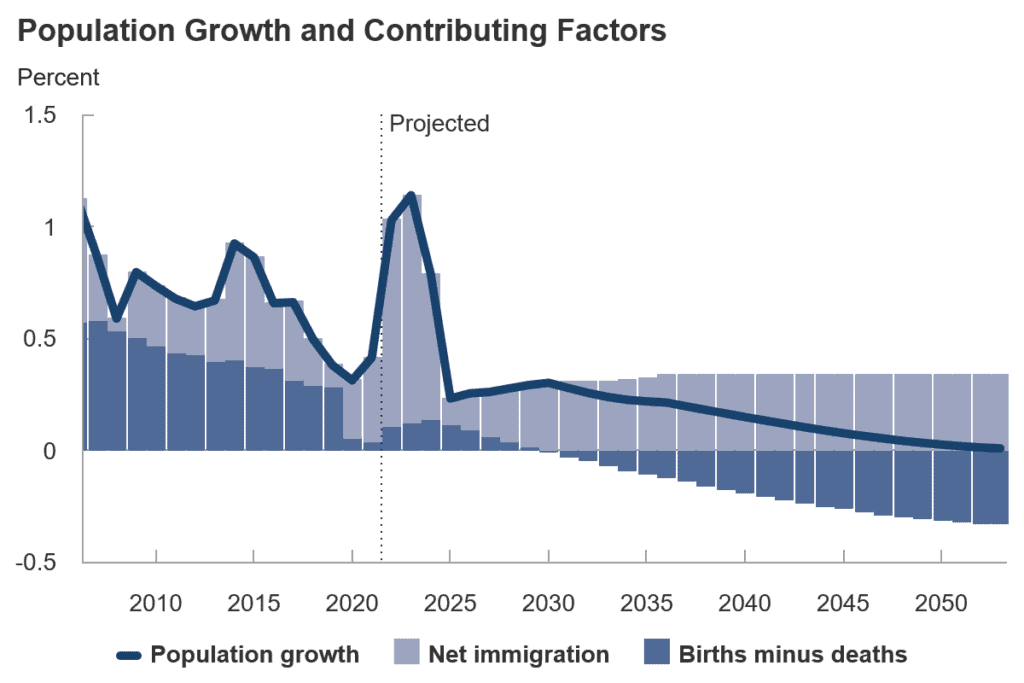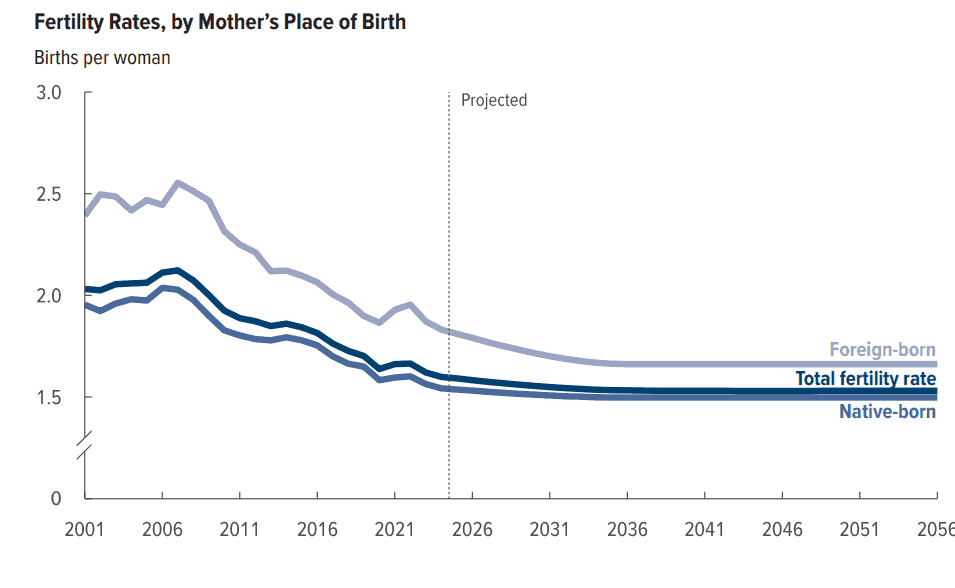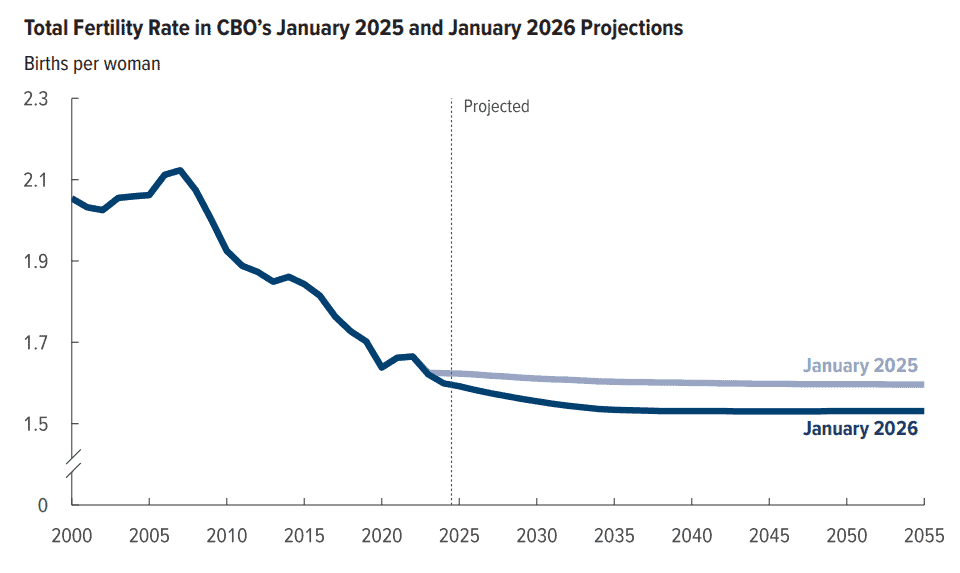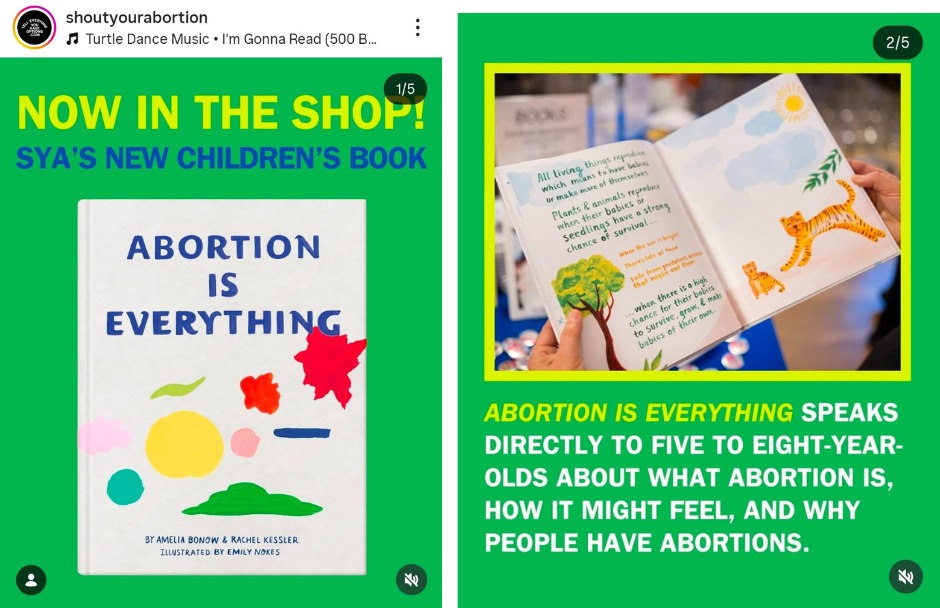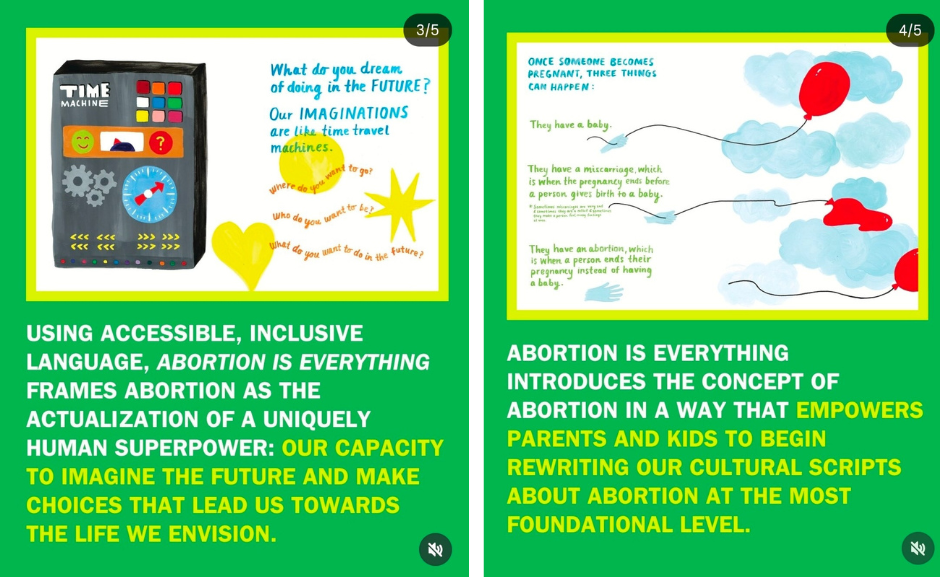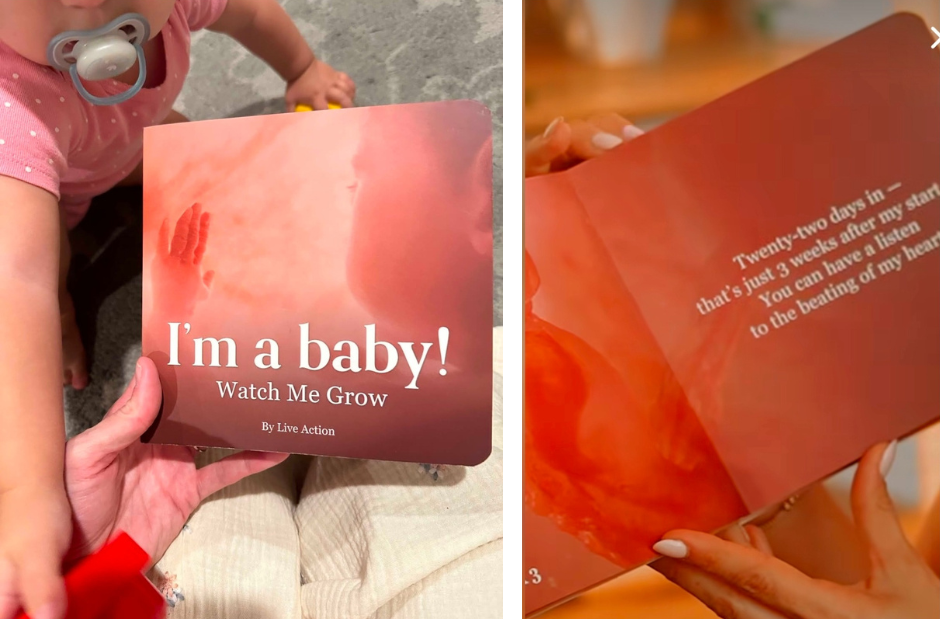On Thursday, Buffalo Bills quarterback Josh Allen met the media for the first time since his team’s heartbreaking playoff loss two weeks ago.
The 6-foot-5 signal caller hobbled in on crutches, his right foot encased in a boot.
“I had a little broken bone in there,” he told reporters. “So they went and took it out and cleaned it up. Obviously, not (an) ideal situation, painful throughout the weeks. But, game day, different story, just being able to put that to the side and just go out there and play football.”
There were plenty of questions about football, but then a reporter asked Allen about his plans for the offseason, specifically noting that Josh and his wife, actress Hailee Steinfeld, are expecting a baby.
“I’ve got siblings that have kids, I’ve got a lot of friends that have kids, and I don’t know if you can plan too far in advance,” Allen said, continuing:
Allen, now in his 8th NFL season, is considered one of the game’s top performing quarterbacks. Having won the MVP award in 2024, he’s also been a four-time Pro Bowler, and two-time second-team All-Pro. He loves the game and play if for a living, but Allen told the reporter it’s no longer going to be his top priority.
“The most important thing I’ll ever be in my life, is being a dad,” he said. “And I know I love being a football player, and I love being a quarterback for the Buffalo Bills, but I’m looking forward to this one.”
It’s not the first time Allen has reevaluated his priorities.
Back in 2023 when Buffalo Bills safety Damar Hamlin collapsed on the field after suffering cardiac arrest, Josh experienced a “kind of a spiritual awakening.” Growing up Methodist in Firebaugh, California, the Allens went to church each Sunday, but he was always most eager to get home to watch football.
“I’ll be the first to admit, I haven’t been the most devoted Christ-follower in my life, and I’ve had my different beliefs and thoughts and ideas and stuff like that, but something got hold of me there, and it was extremely powerful, [something] that I couldn’t deny.”
It’s not immediately clear where the Allens are regarding their faith as a family in 2026. But it’s our hope and prayer that with a new child soon to be born, it will be foundational as they love and grow together in the years to come.

